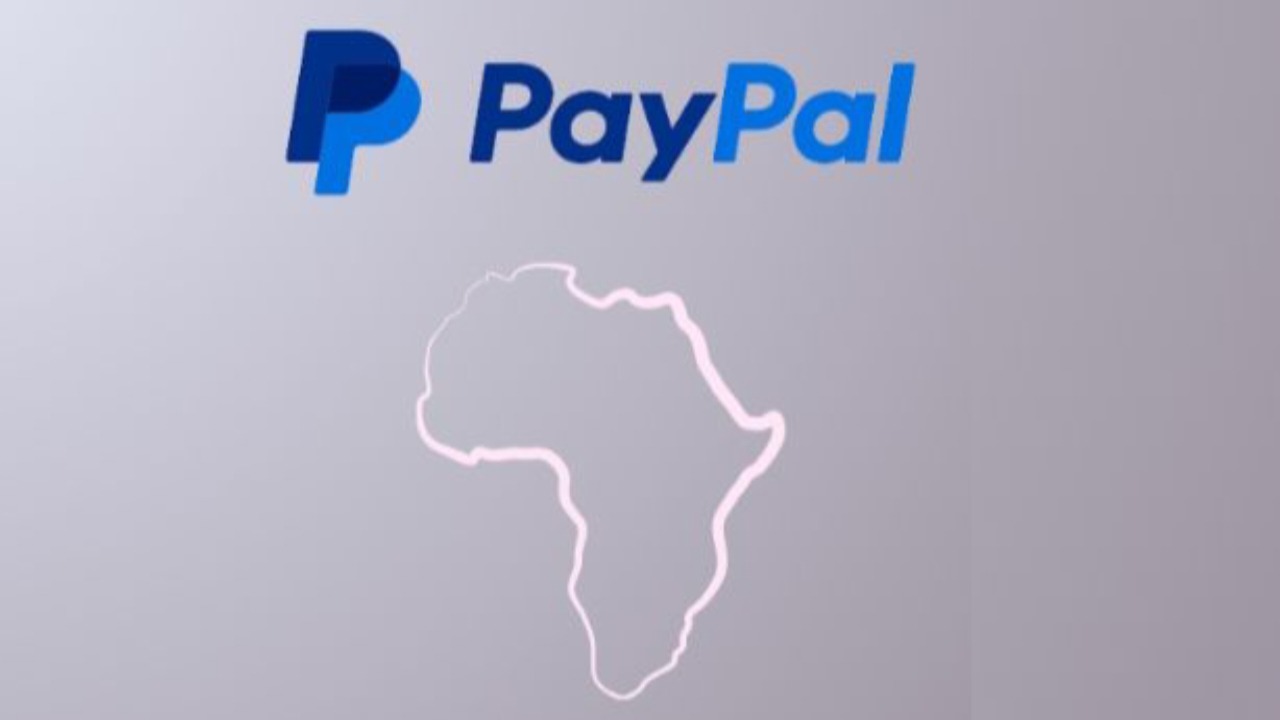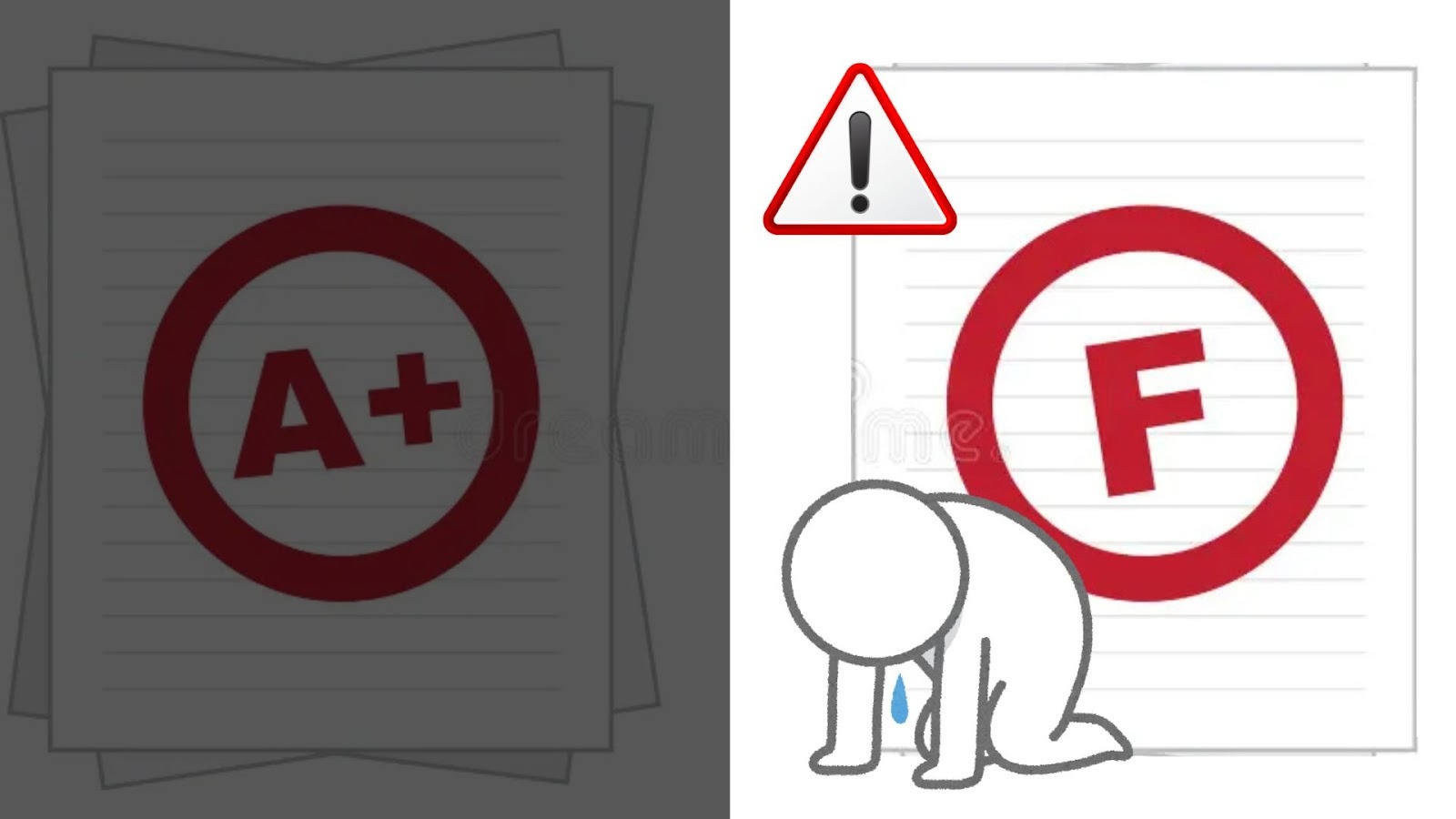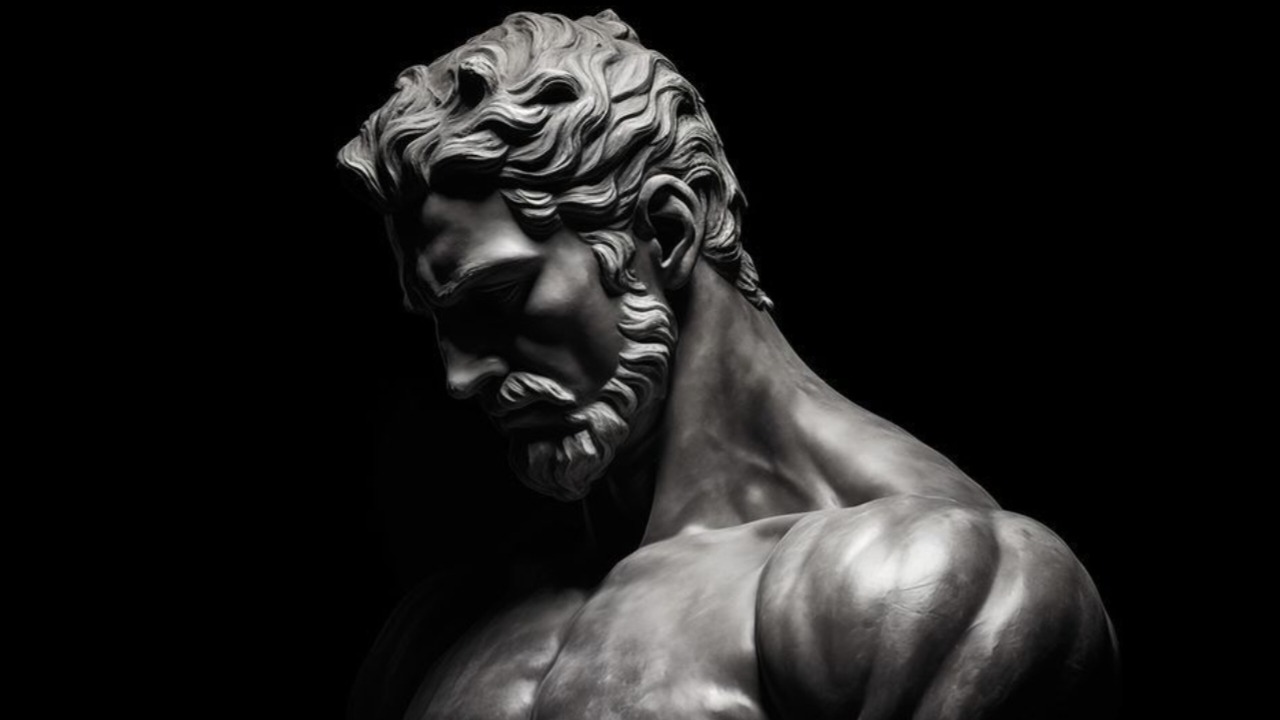The African Voice: Understanding Perception, Confidence, and Cultural Power
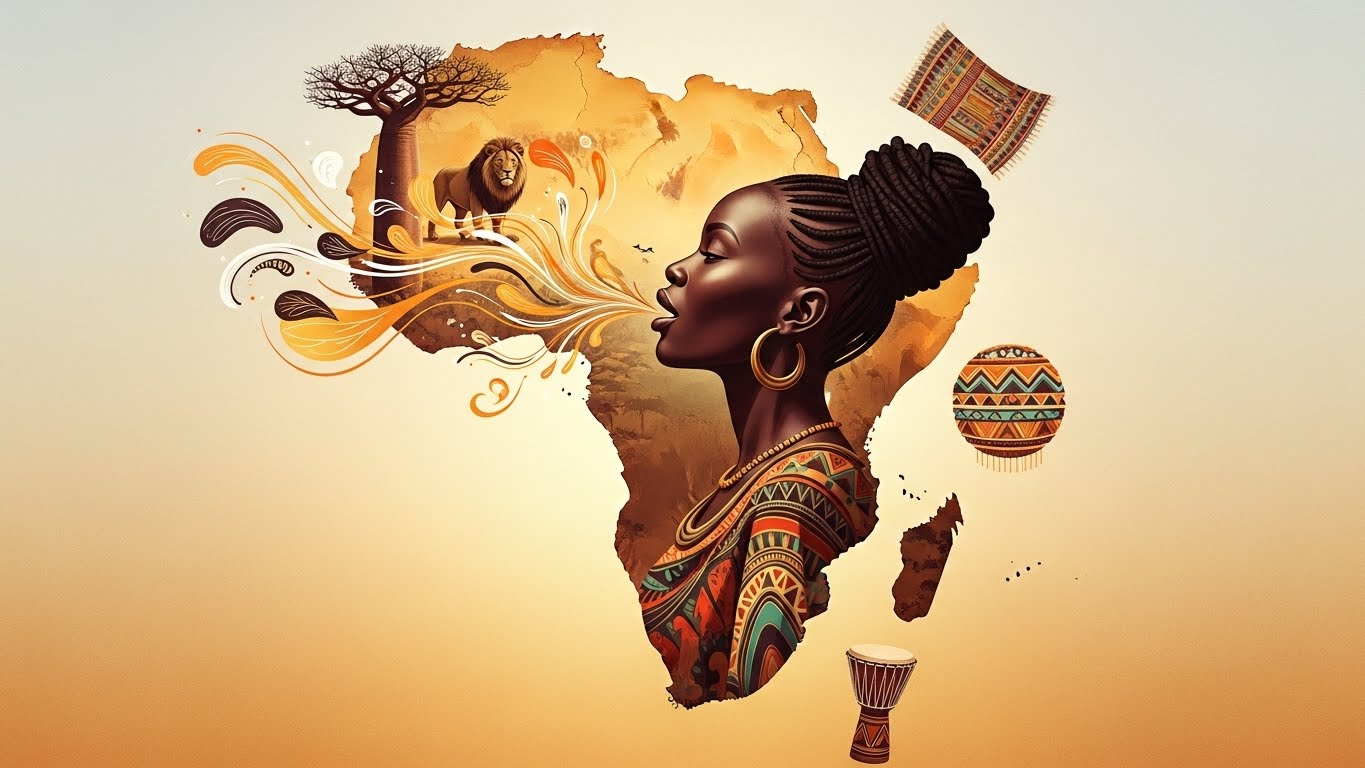
There is a question that resurfaces every time, whispered in frustration, spoken in classrooms, debated in conferences, and sometimes shouted in moments of national disappointment: Who happened to Africa? It is a question that carries centuries of weight, a question that does not seek insecurity or uncertainty but asks us to examine the invisible structures shaping how Africa sees itself and more importantly, how the world sees Africa.
For decades, African intellectuals, artists, policymakers and youth have tried to untangle the knot of the continent’s global image. Some point to colonialism, others to leadership. Some blame the media, others blame the economic order of the world. Yet beneath all these explanations lies a quieter, more powerful force: the narrative that governs how African identity is perceived.
The Kenyan scholar PLO Lumumba once pointed out a striking irony. A Chinese billionaire speaks broken English and the world applauds his technological brilliance. An Indian scientist struggles through English grammar and the world salutes his intellectual depth. A Russian athlete speaks in imperfect English and he is celebrated for talent, strength, discipline. But let an African mispronounce one word and suddenly he is labelled illiterate, backward, uneducated, unserious, incompetent. The same error, the same imperfection, but a completely different reaction.
The world did not bewitch Africa. The world merely learned the oldest rule of power: if you control the narrative, you control the confidence of nations.
THE COLONIAL ECHO: HOW A BORROWED LANGUAGE BECAME A MEASUREMENT OF INTELLIGENCE
Africa’s relationship with language is one of the most complicated legacies of colonialism. The continent did not simply adopt foreign languages for communication; it was conditioned to see those languages as proof of intelligence. English, French and Portuguese were not just tools, they became identities, hierarchies, and gateways to acceptance.
The tragedy is not that Africans speak foreign languages; many regions of the world do. The tragedy is that Africans were taught to measure their self-worth by how well they perform in languages that were never theirs. A Frenchman speaking broken English is “charming.” A German mispronouncing an English word is “adorable.” But an African doing the same is “uneducated.” Why? Because language in Africa is not just a means of communication, it has become a battlefield of dignity.
Foreigners can make mistakes in English because English is not linked to their intelligence. But Africans are judged by English because English has been tied to their humanity.
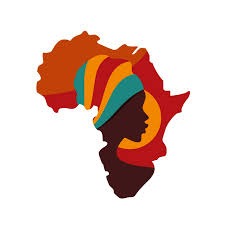
The question then becomes: who gave the world permission to judge African intelligence by a foreign linguistic standard? Even more importantly: why did Africa accept it?
For generations, African children have attended schools where their own names are mispronounced, their accents mocked, their mother tongues discouraged, their indigenous knowledge systems dismissed. We inherited not just an educational system but a psychological one, one that slowly eroded confidence, reshaped identity and trained us to view ourselves through an outsider’s lens.
This is the witchcraft Africa inherited: the internalised belief that we must sound like other people to be seen as worthy.
THE POWER OF NARRATIVE: WHY THE WORLD BELIEVES AFRICA IS LESS THAN IT IS
Nations rise and fall on narratives. America built a global empire by mastering storytelling, Hollywood, Silicon Valley myths, heroic patriotism, the American Dream. China reshaped global perception through manufacturing dominance, technology and quiet strategy. India rebranded itself as the home of global tech outsourcing and deep intellectual heritage.
Africa, in contrast, has been narrated by others for so long that the continent’s own voice is only now beginning to break through. And when you do not control your story, someone else will define you in a way that benefits them.
Western media, for decades, portrayed Africa as a continent of suffering, wars, hunger, poverty, corruption, disease. These issues are not imaginary, but they are not the whole truth. They are selectively amplified to create a global identity that keeps Africa in a subordinate psychological position.
Why is this important? Because perception shapes opportunity. Investors hesitate, tourists hesitate, global partnerships hesitate, not because Africa lacks potential but because Africa has been branded as “risky.”
Culture
Read Between the Lines of African Society
Your Gateway to Africa's Untold Cultural Narratives.
The real bewitchment was not violence, not politics, not crisis. It was the gradual erosion of Africa’s self-confidence through global storytelling.
We became a continent spoken about, rather than a continent that speaks for itself.
THE AWAKENING: AFRICA’S VOICE IS CHANGING AND THE WORLD IS FEELING IT
But something is shifting. A new generation of Africans, Gen Z especially, is no longer interested in apologising for their identity. They are loud, expressive, culturally rooted, digitally influential and globally connected. They speak English without shame of their accent, French with confidence, Yoruba or Zulu or Twi or Swahili with pride. They create films that win global awards, build tech companies that attract global investment, dominate sports, influence fashion, reshape music and redefine global culture.
In the last decade, African storytelling has taken a dramatic turn. Nollywood has become the second-largest film industry in the world by volume. Afrobeats did not just enter the global stage, it rewrote the global musical rhythm. African fashion is now luxury. African tech ecosystems are attracting billions in investment. African literature is winning global prizes.
All of this is happening not because Africans changed, but because Africans started reclaiming their narrative.
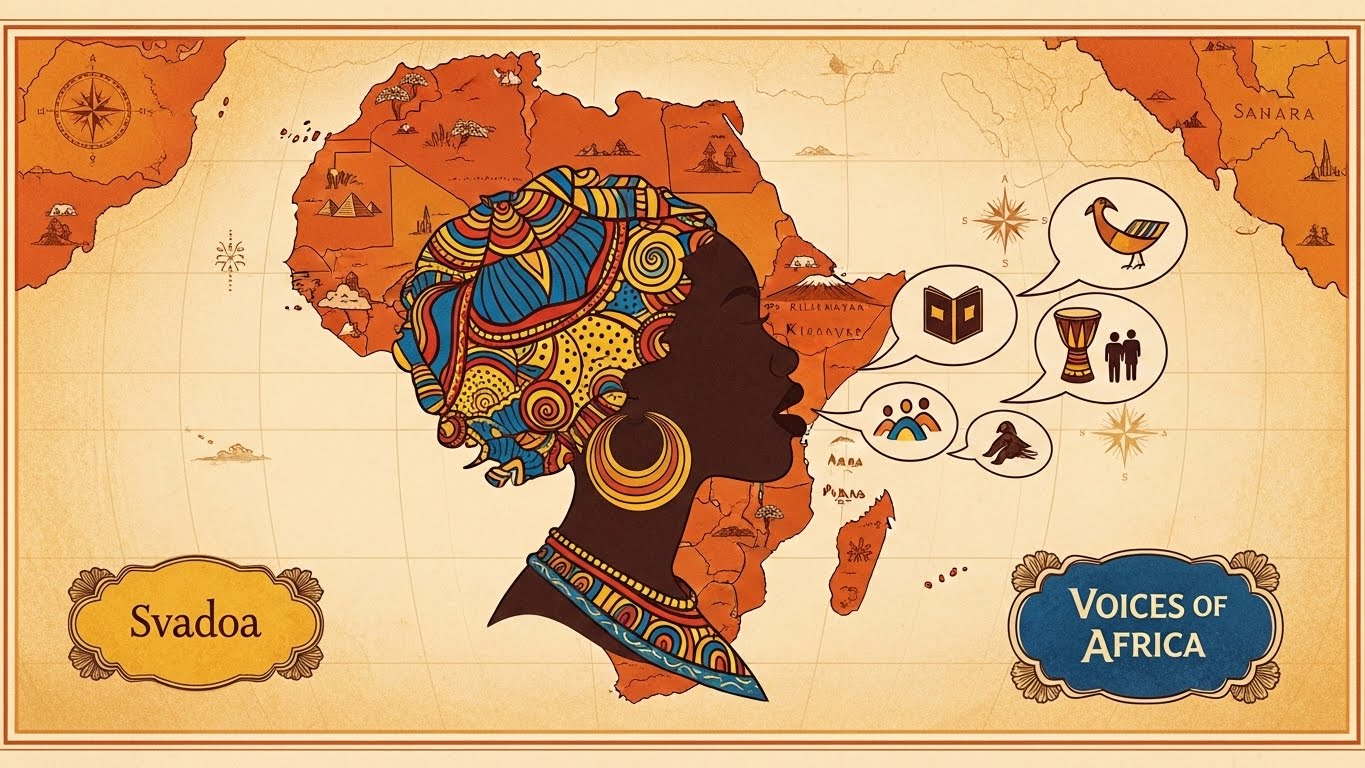
For the first time, the world is not simply consuming African culture; it is responding to African leadership in culture. That shift is psychological, political and economic.
So what happened to Africa? Perhaps the question is no longer necessary. Perhaps the better question is: who will tell Africa’s story going forward?
This new generation understands a truth that previous generations were not allowed to realise: there is no universally perfect accent, no universally superior culture, no single definition of brilliance.
Identity, when structured, becomes influenced. Confidence, when nurtured, becomes economic power. Culture, when protected, becomes soft power. And soft power transforms how nations are seen.
Africa will not rise because it chases Western validation. Africa will rise because it defines its own standards of excellence.
THE UNBEWITCHING: WHAT AFRICA MUST FINALLY UNDERSTAND
If Africa is to break free from centuries of misperception, it will not come from accents or grammar or trying to sound like those who once oppressed us. It will come from structures: strong institutions, world-class education, powerful media, intentional branding, cultural preservation, and confident leadership.
Africa’s issue was never language. It was a narrative. It was confidence. It was who got to tell the African story.
The day Africans stop apologising for their voice, their cadence, their brilliance, their originality, their accent, their heritage, their intellect, that day, the world will have no choice but to adjust.
And when Africa finally speaks in its own voice, without shame or hesitation, the world will hear something it has never been allowed to hear clearly: the sound of a continent that cannot be defined by another people’s tongue.
Africa was never bewitched. Africa was misnarrated.
Culture
Read Between the Lines of African Society
Your Gateway to Africa's Untold Cultural Narratives.
Now, Africa is rewriting the story.
You may also like...
Premier League Scandal: La Liga Chief Slams 'Damaging' Handling of Man City's 115 Charges

Over three years after being charged with numerous financial rule breaches, Manchester City awaits a verdict from a proc...
Avengers: Doomsday Shocks Fans With Devastating Theatrical Move Months Ahead of Release!
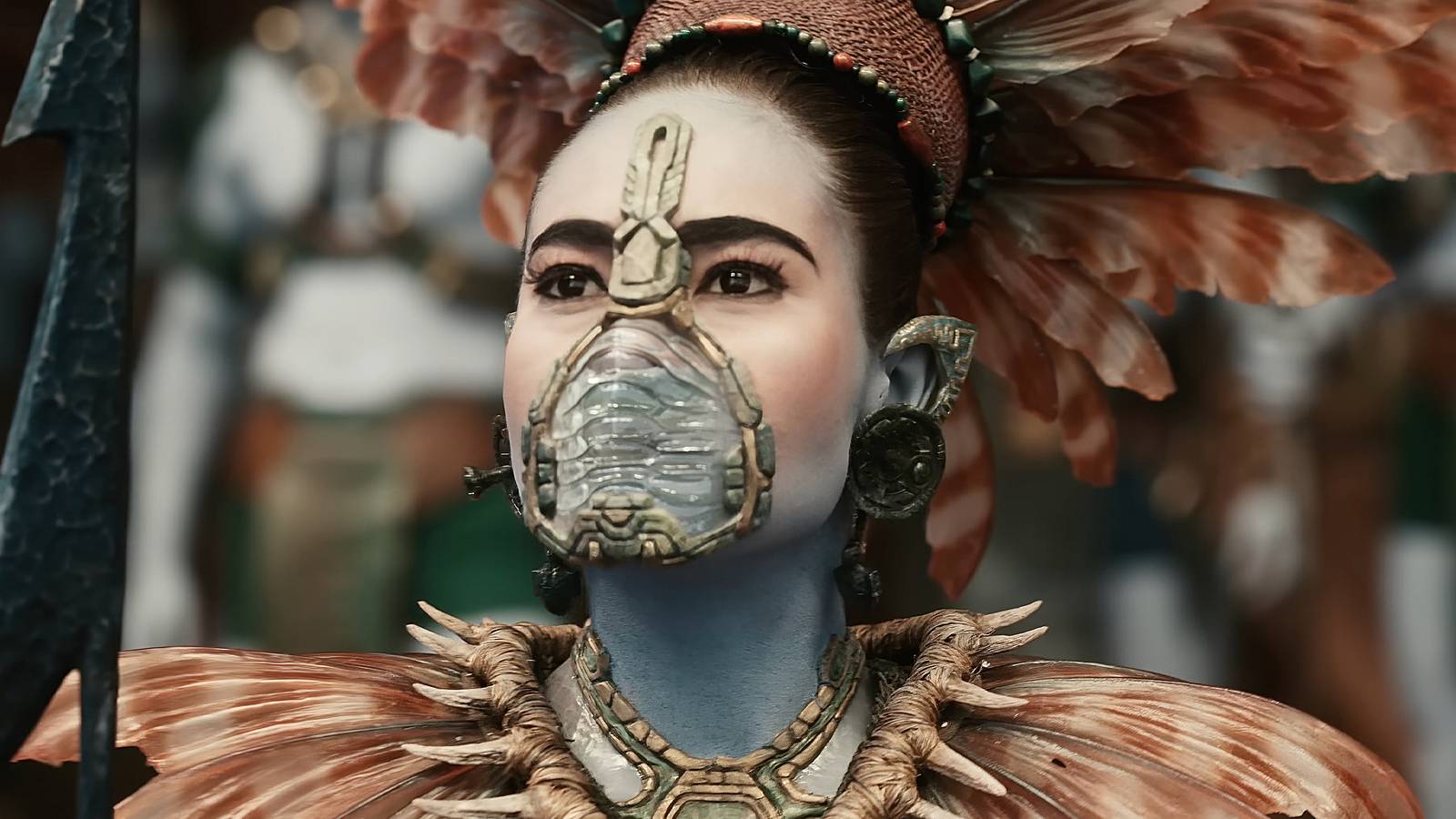
Marvel Studios aims for a comeback with two major releases, "Spider-Man: Brand New Day" and "Avengers: Doomsday." The la...
Daredevil Showrunner's Epic 3-Part Saga Storms Charts Again After Spin-Off Triumph!
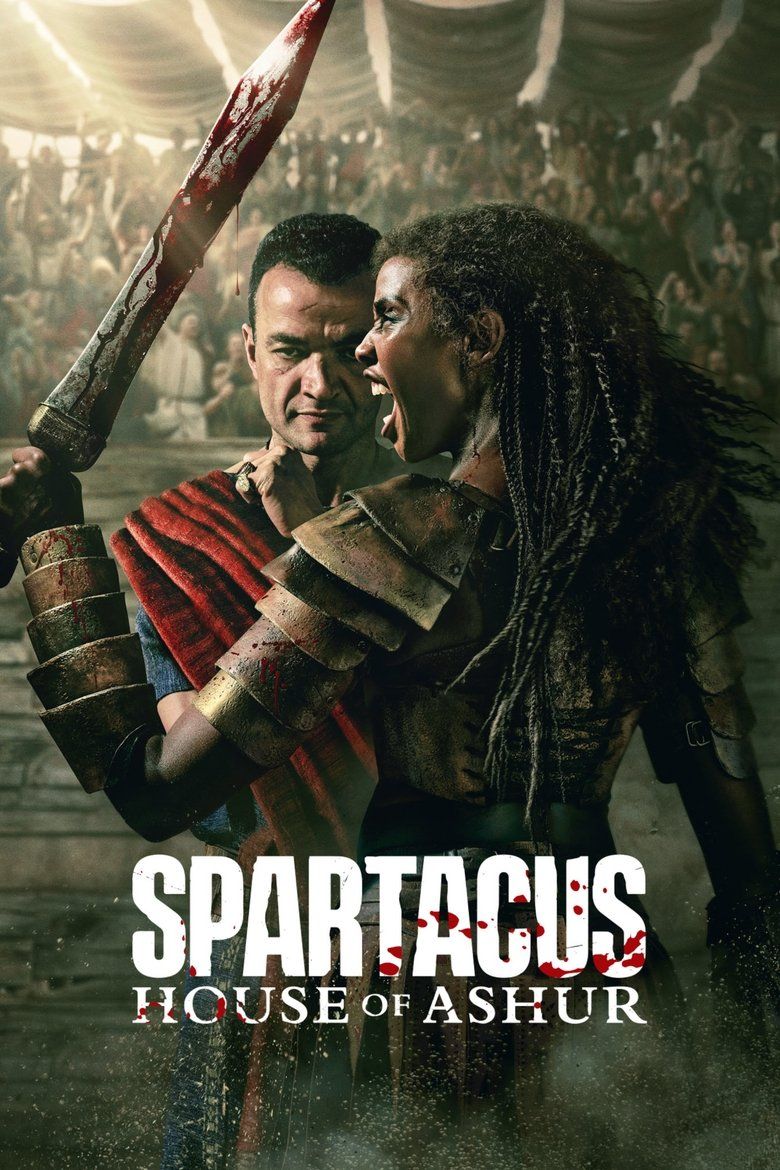
The original "Spartacus" series is experiencing a significant resurgence on digital streaming charts, fueled by the laun...
Unveiled: 'Shrinking' Star Spills on Harrison Ford's Pivotal Season 3 Moment
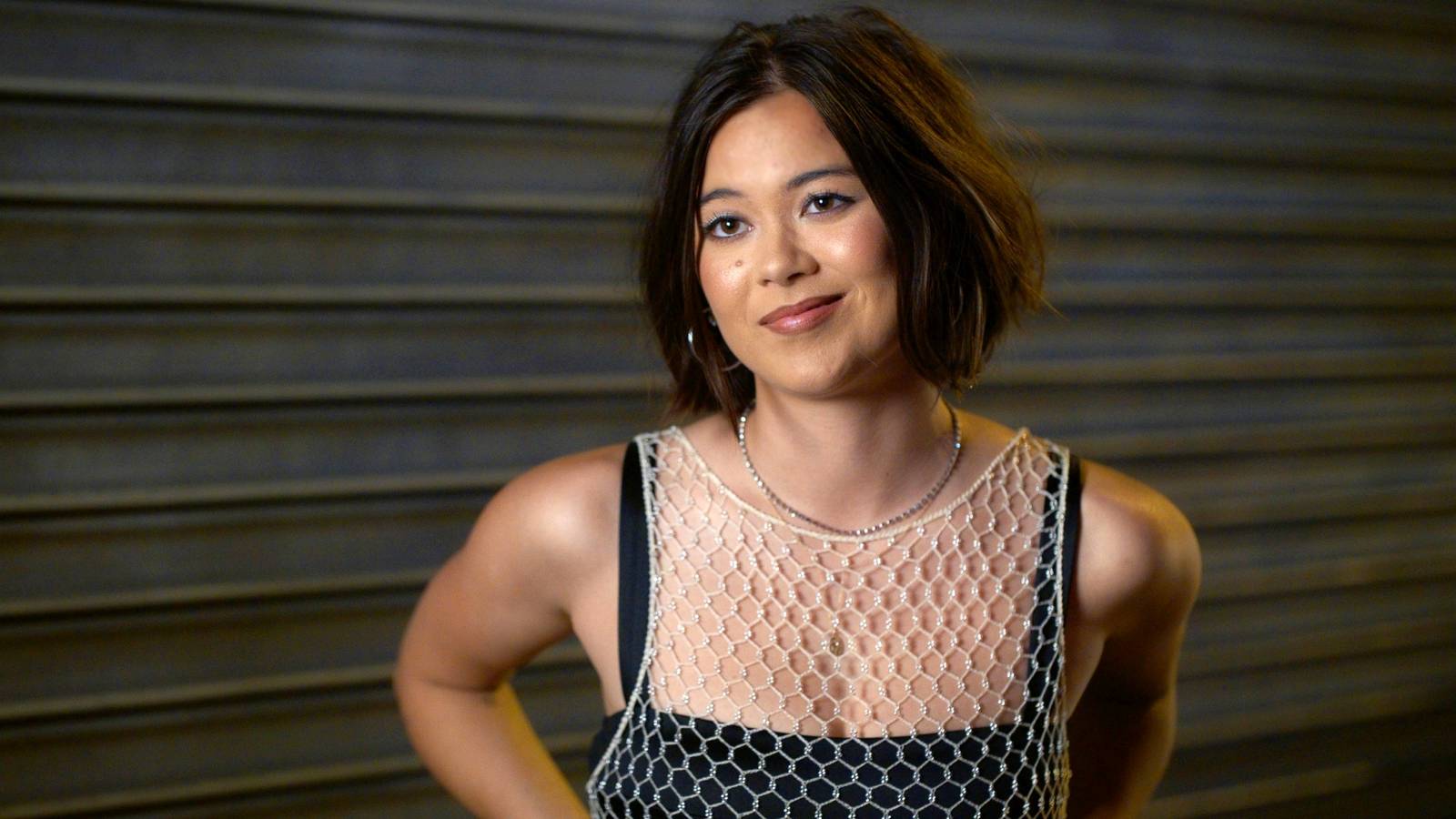
Lukita Maxwell discusses Alice's journey in Shrinking Season 3, highlighting her character's growth, evolving relationsh...
Peyton List's Heartbreaking Warning: 'School Spirits' Season Finale Changes Everything for Maddie and Mom

In School Spirits Season 3, Episode 7, Maddie Nears faces a crushing realization with Wally's departure, leading to a pi...
Visa-Free Africa: Development Bank and African Union Champion Open Borders for Economic Boom

African leaders and institutions have renewed calls for visa-free travel across the continent, highlighting its essentia...
U.S. Halts Crucial Lifesaving Aid to Seven African Nations Amidst Regional Concerns

The Trump administration is cutting humanitarian aid to seven African nations, citing a lack of connection between aid a...
Major Health Risk: FDA Recalls Cottage Cheese Across 24 States
:max_bytes(150000):strip_icc()/Health-cottage-cheese-recall-1638be9c6f7f44029a41fa5139f90139.png)
Great Value cottage cheese sold at Walmart stores in 24 states has been recalled due to potential under-pasteurization o...

